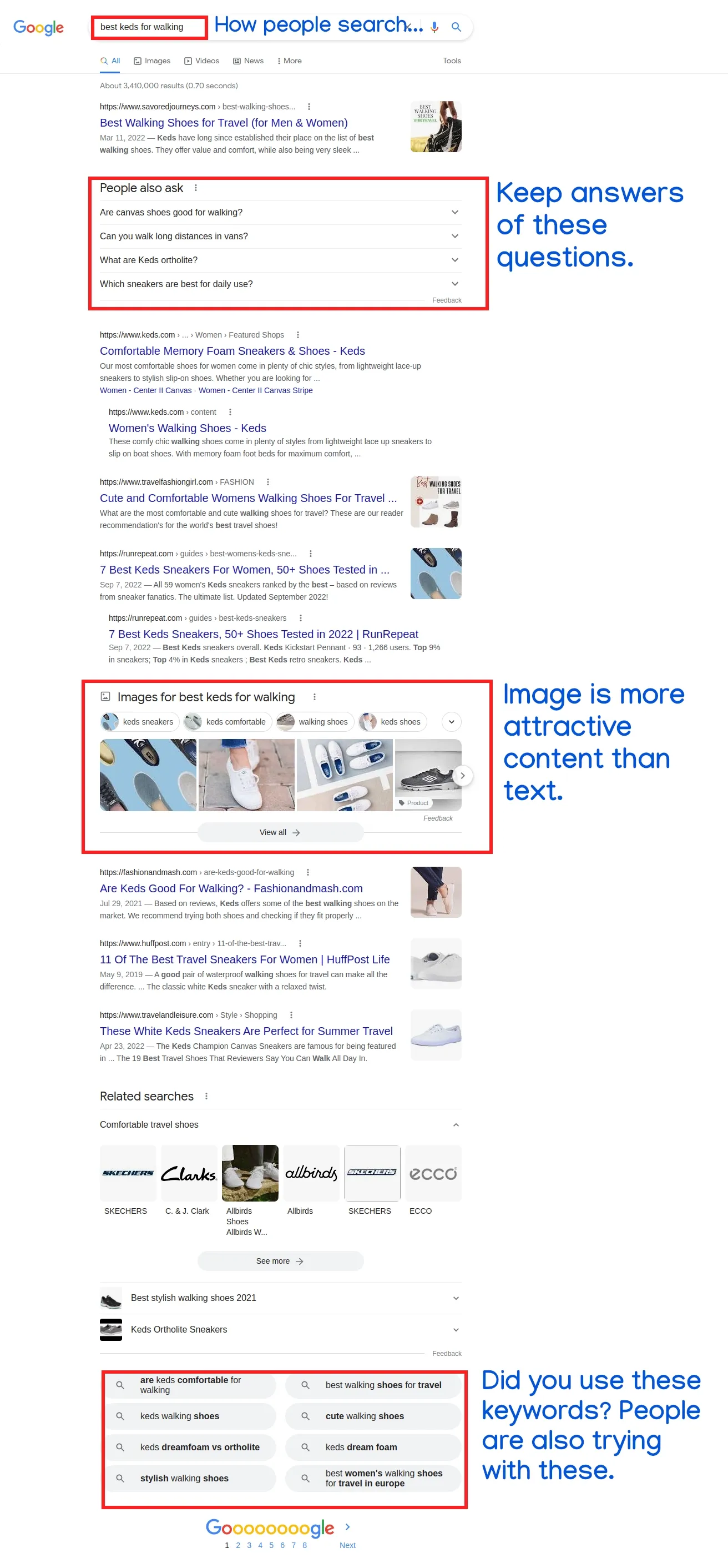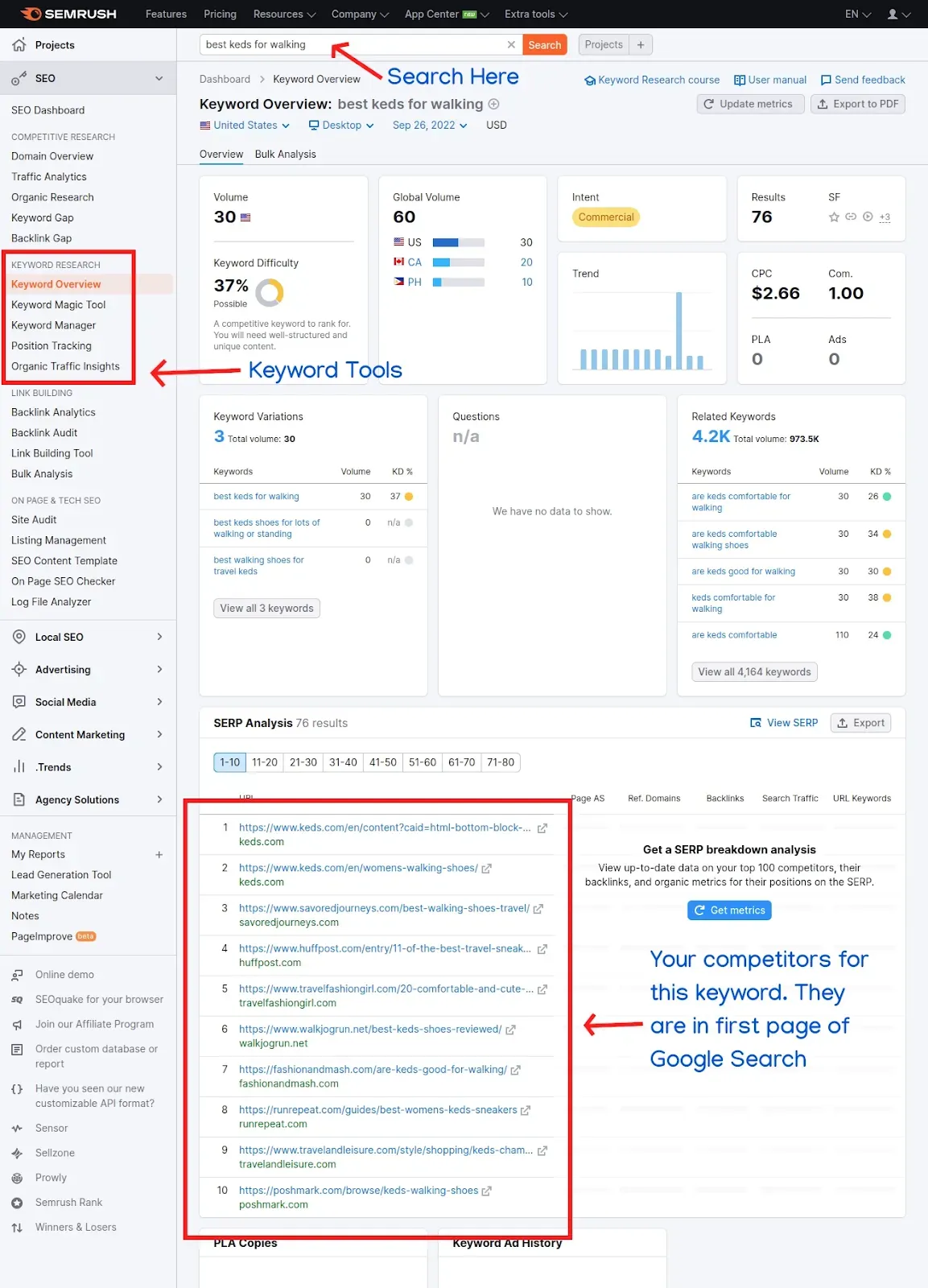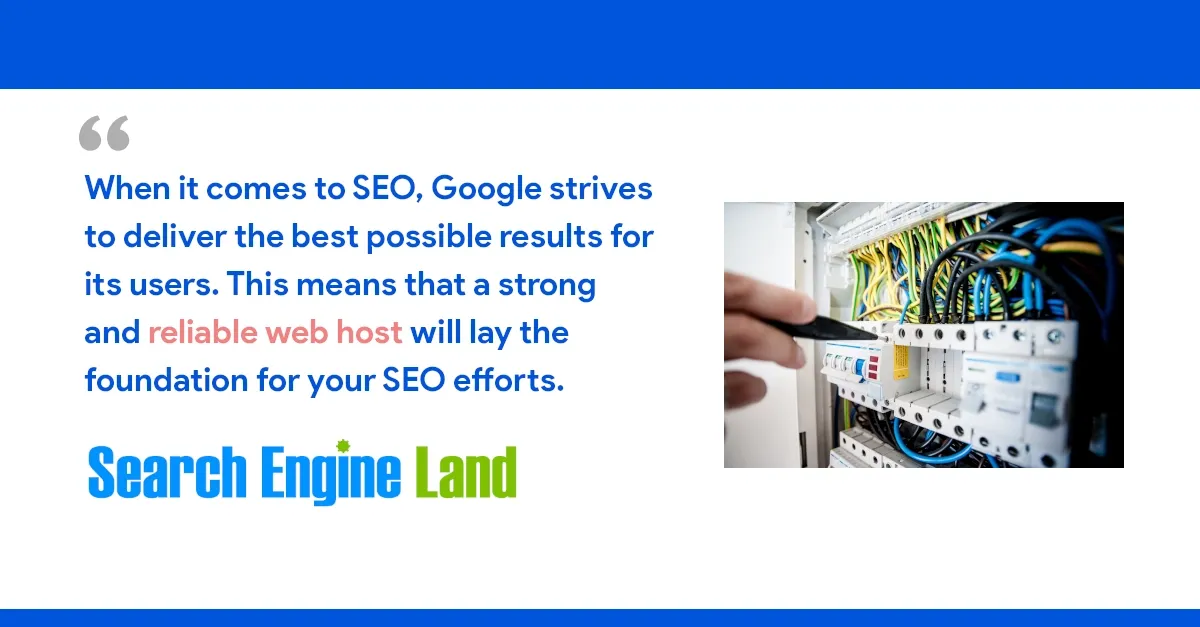How to Get Organic Traffic to Your Website Fast - Guideline

Getting millions of organic traffic to our website or blog is a pipe dream. But really it is not impossible if your content is worthy to your visitors and if you take the action to your content and website perfectly.
It's normal to feel frustrated when we don't get regular traffic despite publishing good content. Moreover, visitors are the driving force of a blog or website. Be it through advertising or affiliate marketing, our website or blog will not be monetized without these visitors. But good news for you, today I will give you complete guidelines so that your blog or website will get regular organic traffic from search engines like Google, Bing etc.

First of all, you have to analyze a number of issues and make wise decisions. And accordingly you have to take action on your website or blog. If you can apply them beautifully and skillfully, you can expect success quickly. Here I am briefly discussing the topics step by step so that you can understand easily.
Content Optimization
I assume, your website articles or contents are authentic, important and useful for your targeted visitors. If not, you must updated the articles.
Many of us are influenced by various blogs or YouTubers and lean towards great articles or content. We believe that bigger articles mean better for search engines. But in reality it is not. Increasing the article with unnecessary information makes it irrelevant. Also, most visitors don't want to read long articles. This does not mean that large articles are not good. If necessary, the article can be enlarged as desired. The condition is that we do not artificially enlarge the article with unnecessary words. Useful and informative articles are not only loved by your visitors, but also by search engines.

When writing articles you should always target two things: your targeted visitors and search engines. You should write in such a way that visitors stick to your writing. The more interesting and readable it is, the more visitors will stay on your blog or website. And this helps in reducing the bounce rate of a website. Bounce rate is the percentage of visitors to a particular website who navigate away from the site after viewing only one page.
This factor is very important for SEO. If the bounce rate increases, the search engine will get a negative message about your website or blog and then the search engines will mark your content or article as less important.
Now you can think, how to understand the search engine? It is very easy to do. Most visitors first go to search engines and search based on a topic or keyword. Then many search results come up. Think your content is also in that search result list. That visitor entered your website from that search result. Checked in and saw your content is not very good. He skipped your web page from the browser and went back to other results. This is basically how search engines understand. Moreover, it has become much easier now with the massive development of artificial intelligence.
That's why your first task is to focus on content optimization. When you are sure about this, you go to the next step.
Keyword analysis and proper application in articles
There are certain words that must be included in the topic that you are writing an article on and visitors will enter your website by typing those words into the search engine. These words are called keywords.
Now if you don't use these keywords properly in your article, no matter how authentic and relevant your article is to your visitors, they won't read your article. Actually they will not visit your article. How to do? They did not find your article in the search engine search results!

So the first condition is that your article should be in the search engine results. Therefore, it is important for you to understand which keywords visitors are using for your articles in search engines.
Now you might be thinking, how do you understand that? This is made easy by various search engine tools. Eg: Semrush, Ahrefs, Moz etc.
I am personally using Semrush. Through these tools, you can easily understand which keywords should be included in your article, which keywords visitors are searching in search engines, which keywords are difficult to rank in search engines if you publish an article (It is called Keyword Difficulties), maximum number of keywords should be in an article (Keyword Density or Stuffing), etc.
Although these tools offer limited features in the free package, if you want to take your blogging or online career seriously, you should purchase any of the tools. Because, they provide detailed and comprehensive benefits in premium package. Consider it an investment in your business. And this investment will definitely give you good returns. Everyone who is a professional blogger or content publisher uses these tools. Tools like Semrush not only provide keyword analysis, but also provide a specific overview of your website's weaknesses, content weaknesses, etc. So you yourself will understand the weak points of your website and take steps accordingly to improve your website.

There are tons of people online who are writing on the same topic and publishing it on their blogs or websites. You are also a competitor in that competition. So if you want to reach more visitors to your article, you need to understand the rest of your competitors first. You have to understand their articles. And these tools will make this work easier. Then you understand the importance of these SEO tools.
Join Semursh ProgramWhen you are done applying the right keywords to your articles then you can move on to the next step.
Website or Blog Optimization (Technical)
Most of the bloggers or content creators ignore or do not give proper attention to this matter. However, Website Optimization plays an equal (and sometimes more) role as Content Optimization.
Before that, what do I mean by website optimization? This is a technical term, which depends on the various aspects of your website. One of them is performance. Performance is how long it takes for your website to fully load in a visitor's browser (It is called Page Speed). If it takes too long, it will be annoying for your visitors. Other such things are whether your website or blog is suitable for all devices (It is called Responsive Mode), whether the page is showing any errors during rendering, etc.

As time passes, technology advances and our patience diminishes; On the contrary, our engagement is increasing. Hence, websites that take a long time to load or have browsing problems are considered negative by visitors and search engines.
However, these problems are mainly caused by the following factors and you must be aware and proactive about them.
Using substandard hosting or cloud storage

If so, you can't afford it, then you can use Google Blogger platform. It is good for blogging or basic website and completely free.
Using faulty backdated website themes or templates
-
These themes are created based on multiple purposes. Hence themes are
relatively large in size and contain a lot of unnecessary code.
-
Third parties may have dependent resources, over which you have no
independence.
-
The design or format of the website is fixed, which you cannot change
at will.
- Many people use the same theme in a certain type of design or format. As a result branding lacks originality.
